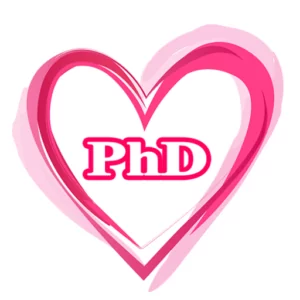Societal challenges are complex issues that impact communities on a large scale, spanning domains such as environment, technology, health, energy, waste management, water, agriculture, and economics. The Women In Science and Engineering (WISE)-Societal Challenges with Opportunities (SCOPE) Fellowship Program, initiated by the Department of Science & Technology (DST), aims to empower women scientists and technologists who have completed their Ph.D. The program encourages them to apply their scientific knowledge and expertise to benefit society directly.
WISE-SCOPE Fellowship: Empowering Women Scientists for Societal Impact
The WISE-SCOPE Fellowship Program focuses on grassroots-level challenges and addresses them through science and technology (S&T) interventions. By providing S&T solutions, the program aims to tackle social problems, enhance livelihoods, reduce drudgery, improve health and nutrition, manage natural resources, promote sustainable agriculture, address climate change, and enhance disaster management.
Thematic Areas
Project proposals submitted under the WISE-SCOPE Fellowship should align with the following broad thematic areas:
- Energy, Water, and Waste Management (EWWM): Projects in this category should explore innovative solutions related to energy efficiency, water conservation, and effective waste management. The goal is to create viable technologies that can be scaled up from lab to land.
- Engineering and Technology Development (ETD): ETD projects focus on developing cutting-edge technologies that address societal challenges. These may include advancements in fields such as robotics, automation, renewable energy, and infrastructure development.
- Environment, Climate, and Sustainable Development (ECSD): Researchers working in this area should propose strategies to mitigate environmental degradation, combat climate change, and promote sustainable development. Solutions may involve ecosystem restoration, biodiversity conservation, and climate resilience.
- Agriculture and Allied Sciences (AAS): AAS projects aim to enhance agricultural productivity, improve food security, and support rural livelihoods. Researchers should explore innovative approaches to crop cultivation, soil health, pest management, and sustainable farming practices.
- Health, Food, and Nutrition (HFN): HFN projects address critical health and nutrition challenges faced by communities. Proposals may focus on disease prevention, nutrition education, food security, and affordable healthcare solutions.
Key Considerations
- Lab-to-Land Transfer: Project proposals should emphasize the practical applicability of their solutions. Technologies developed should be transferable from laboratory settings to real-world implementation.
- Adaptation and Scaling Up: Researchers should demonstrate how their innovations can be adapted to different contexts and scaled up for broader impact. Considerations for scalability, affordability, and community acceptance are crucial.
Application Details
- Application Period: Wednesday, August 16, 2023, to Saturday, August 31, 2024
- Eligibility: Women scientists and technologists with completed Ph.D. degrees
- Website: WISE-SCOPE Fellowship Program
For more detailed information and to submit your proposal, please visit the official WISE-SCOPE Fellowship Program website. Best of luck with your application!
